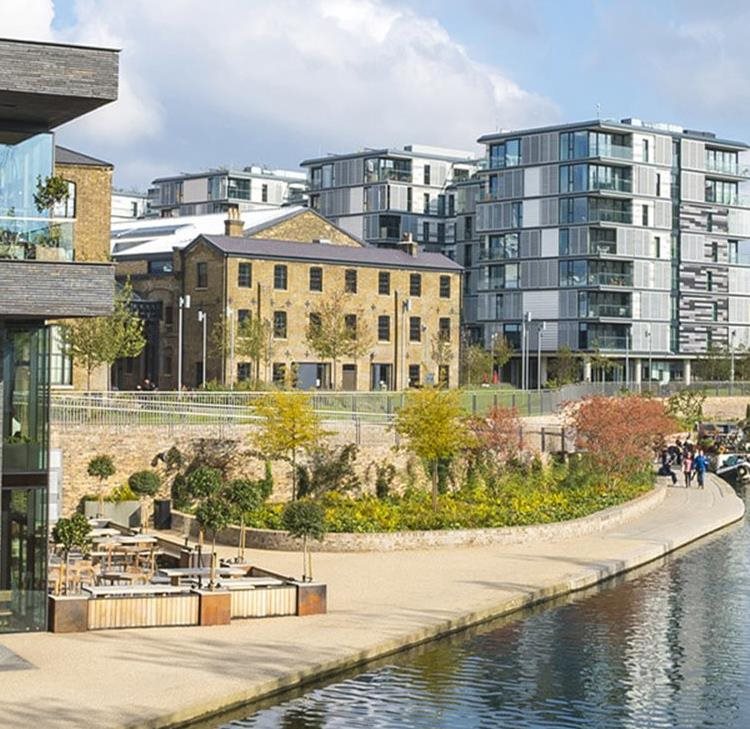George on High Ltd and another v Alan Boswell Insurance Brokers Ltd and another [2023] EWHC 1963 (Comm)
In July 2019, the historic pub ‘The George in Rye’ caught fire causing devastating damage. It then underwent a three-year renovation project.
Insurers refused to pay the business interruption element of the claim on the basis that the insurance policy was not in the correct name of the company who had suffered the loss of business.
Facts
A company called “George on High Ltd” owned the property. A separate company called “George on Rye Ltd” owned the restaurant and hotel business located in the property.
The named insured on the policy was “George on High Ltd t/a The George in Rye”.
Insurers said that the restaurant/hotel business was therefore not insured under the policy.
The broker who had placed the cover agreed to pay the claimants for any amounts that the insurer was not liable for.
The court therefore had to decide who was liable for various losses, the broker or insurer.
The broker argued that there were multiple bases on which insurers should be liable to indemnify George on Rye Ltd under the policy. Those were:
- The construction argument – the correct construction of the policy meant insurers were liable to indemnify George on Rye Ltd;
- The rectification argument – the policy should be rectified such that insurers should indemnify George on Rye Ltd;
- The agency argument – George on High Ltd was acting as agent for George on Rye Ltd in relation to the policy;
- The estoppel argument – under the doctrine of estoppel by convention, insurers should be prevented from denying liability;
Court’s decision
In relation to the construction argument, the judge held that the words “George on High Ltd t/a The George in Rye” alone, were “plainly wrong and insufficient to identify what was meant”.
Instead, he had to look at all the knowledge that would reasonably have been available to the broker and insurer at the time the insurance was placed. The insurer knew that George on High Ltd did not operate the business and that George on Rye Ltd did. On the same page as the description of the insured, the policy listed business interruption and employer’s liability as insured risks. Insurers also knew that George on Rye Ltd paid the premiums throughout the period since 2013.
The Judge held that, with that knowledge, the meaning of “insured” would be “George on High Ltd and the business operated by George on Rye Ltd t/a The George in Rye”.
Whilst the judge had decided the objective meaning of the policy was that George on Rye Ltd was insured, he nevertheless considered the rectification argument. He found that there was a common intention between insurer and insured that the business of the hotel trading as The George in Rye was to be insured. Even if insurers did not know that George on Rye Ltd operated the business, it did not affect its intention to insure the business (only its belief as to which entity operated it).
Importantly, the judge reiterated previous authorities, that a common intention (or “outward expression of an accord”) “need not involve declaring that agreement or intention in express terms” and “could include understandings that are so obvious as to go without saying, or that were reached without being spelled out in so many words”.
Accordingly, the hotel and restaurant were covered under the policy and the insurer was ordered to meet George on Rye Ltd’s claim.
Comment
The decision is an important reminder to both brokers and insurers to take care when identifying and naming the correct entity to be insured on the policy, so as to avoid future disputes as to cover.
It is also a useful examination of the various arguments that can be run where errors have been made in naming the correct entity on the policy and what the court will consider when looking at each of those arguments.
Contents
- Perils: Property insurance claims newsletter - October 2023
- Insurance considerations following use of RAAC concrete
- Underlying contracts remain key in arguments over scope of co-insurance
- Recklessness not ‘accidental’ when it comes to trespass
- Property damage oil spills, reliance and duties of delivery drivers
- The Supreme Court considers limitation in environmental nuisance claims
- Australian Court of Appeal considers welding exclusion
- Contractors' liability and contract works exclusion
- FOS: complaints involving damage to underground pipes










































